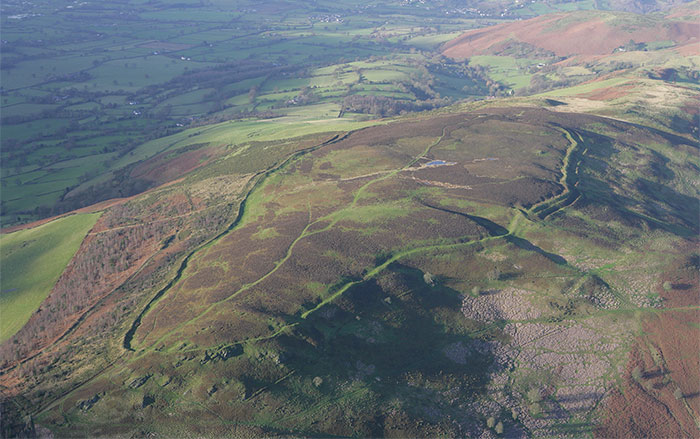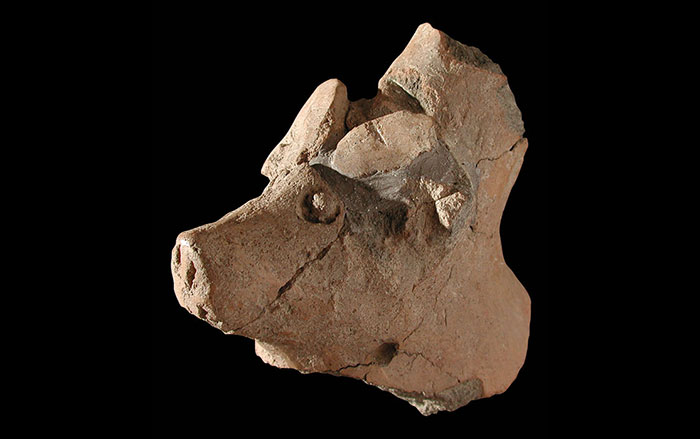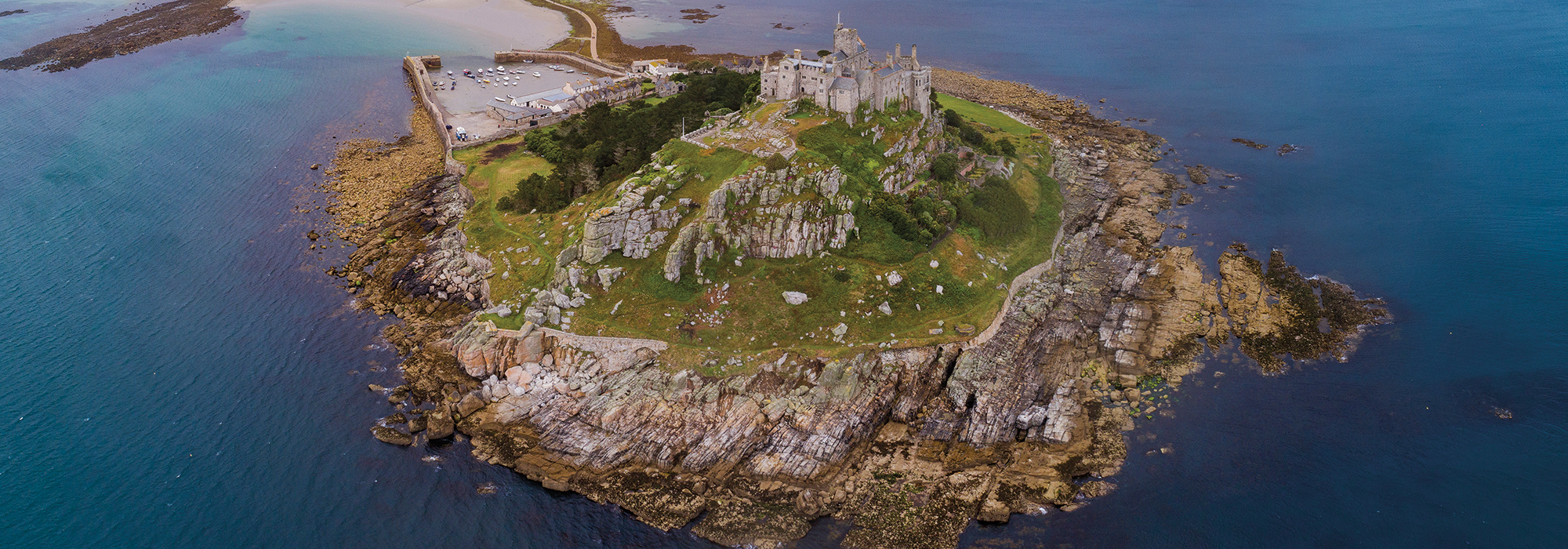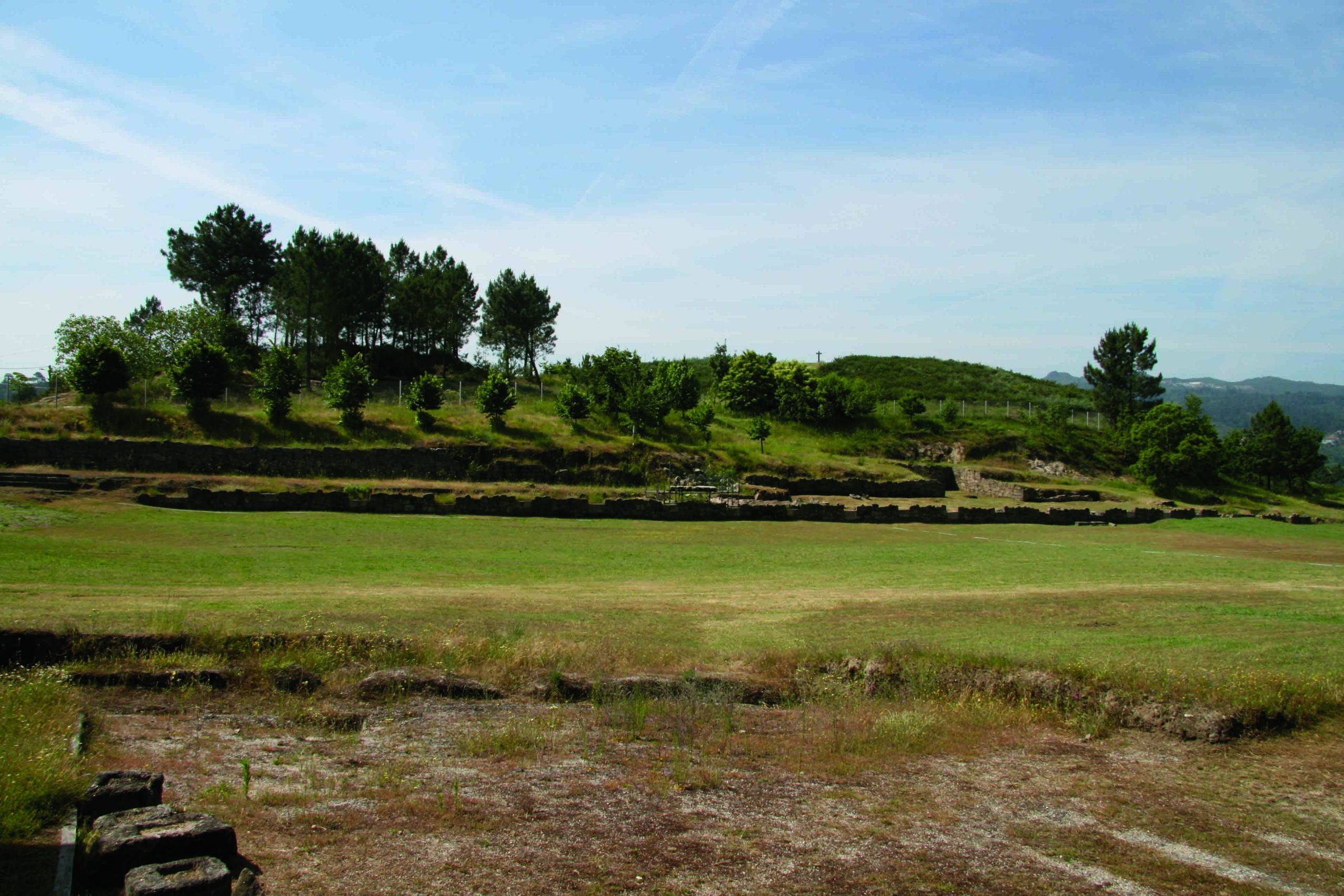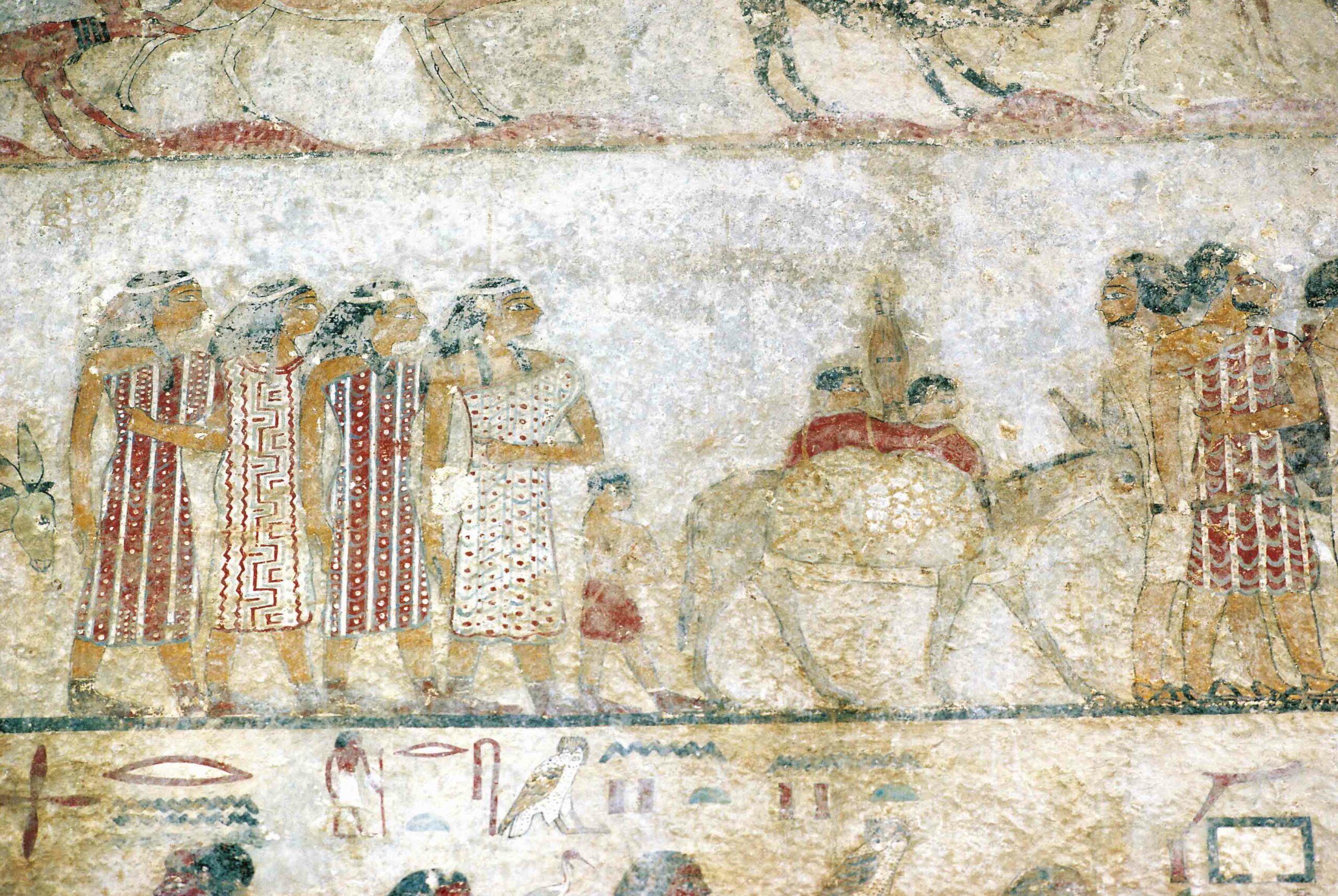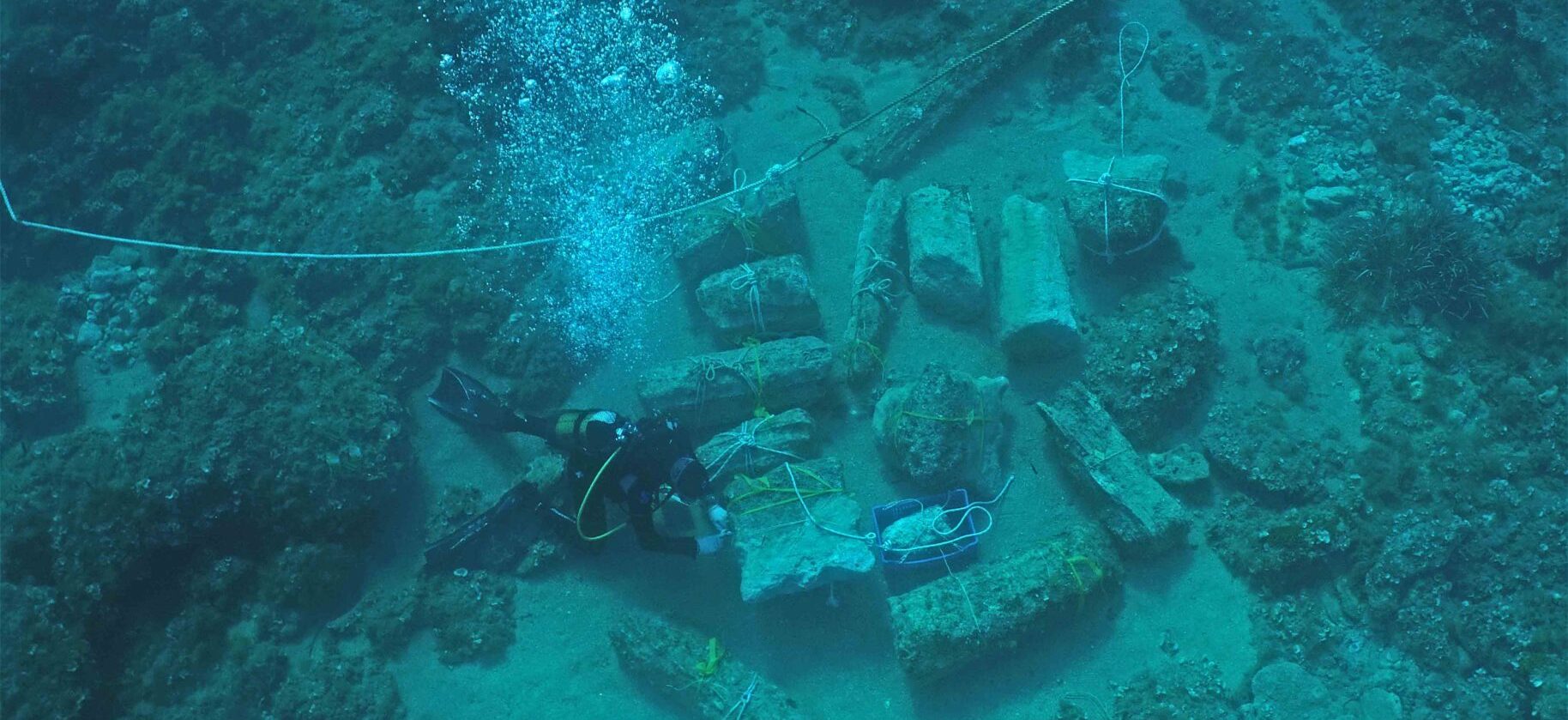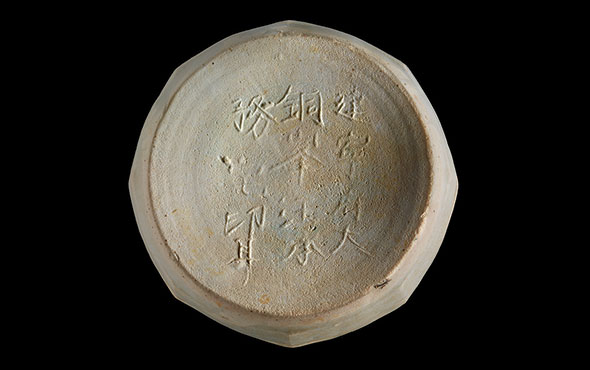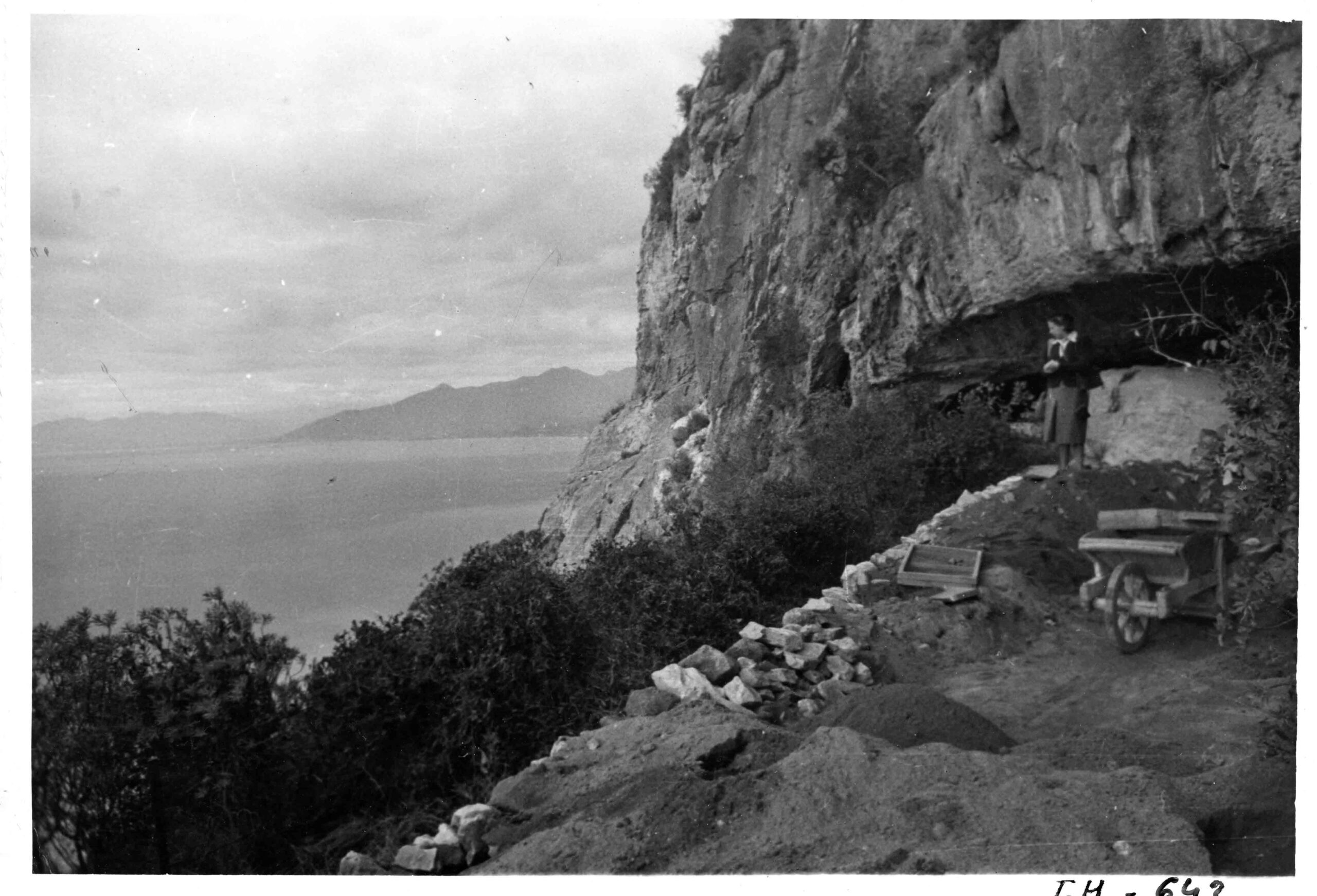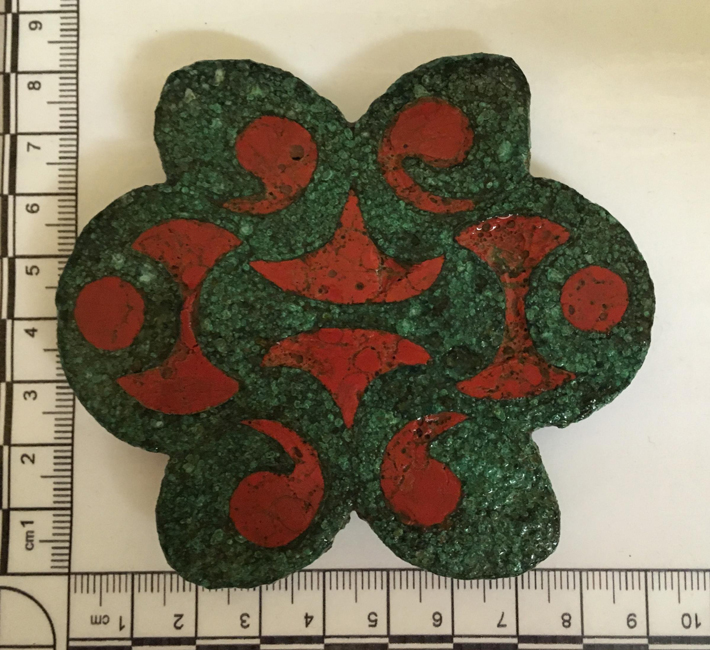
PEMBROKESHIRE, WALES—The first known Celtic chariot burial in Wales has been discovered in a Pembrokeshire field, according to a report from the Tivy-Side Advertiser. Beginning in February, metal detectorist Mike Smith unearthed a number of pieces of Iron Age Celtic metalwork, including part of a horse harness, bronze bridle fittings, and a brooch. Although the items were corroded, they were decorated with bright red enamel that remains vivid despite the passage of time. Smith informed the National Museum of Wales of his find, and an excavation was launched in June. Archaeologists uncovered two rusted iron chariot wheels, which established that the site held a Celtic chariot burial. Chariot burials have been found across Europe, but in the United Kingdom they have generally been concentrated in northeast England. The discovery of this one in Wales links the area to a widespread ancient culture with shared funerary rites. The burial appears to be connected with a broader settlement site, which will be explored further in the coming years. For more, go to “Tomb of a Highborn Celt.”


